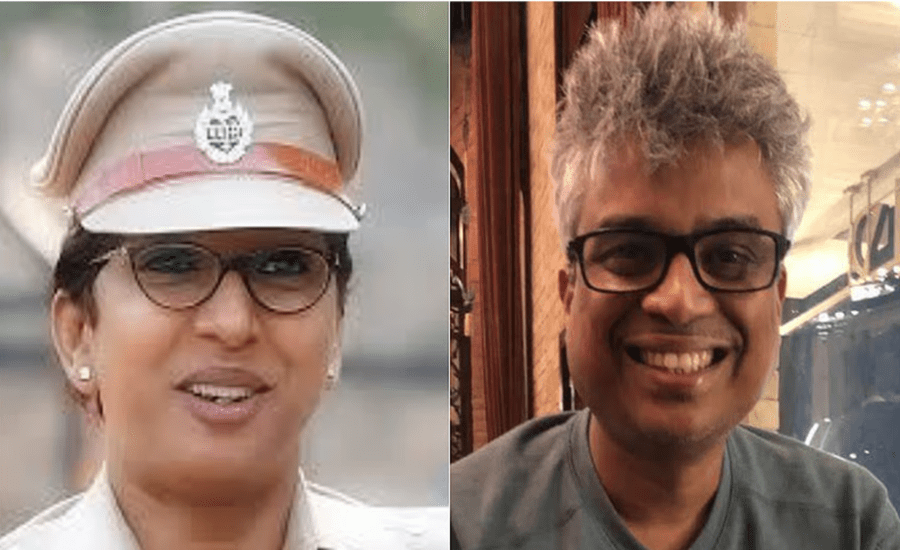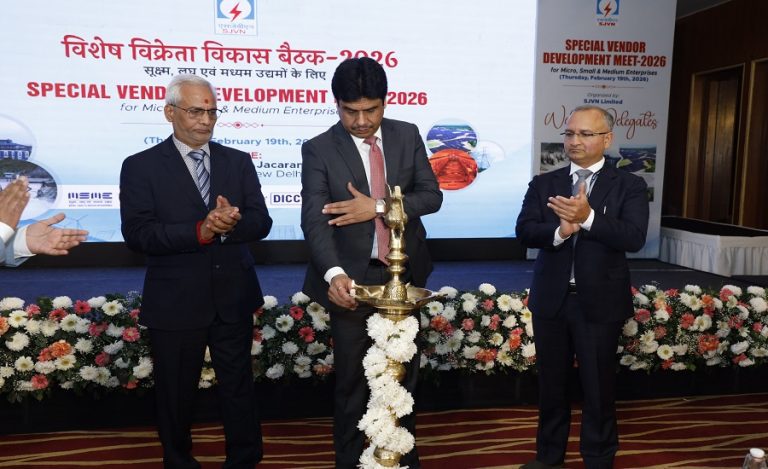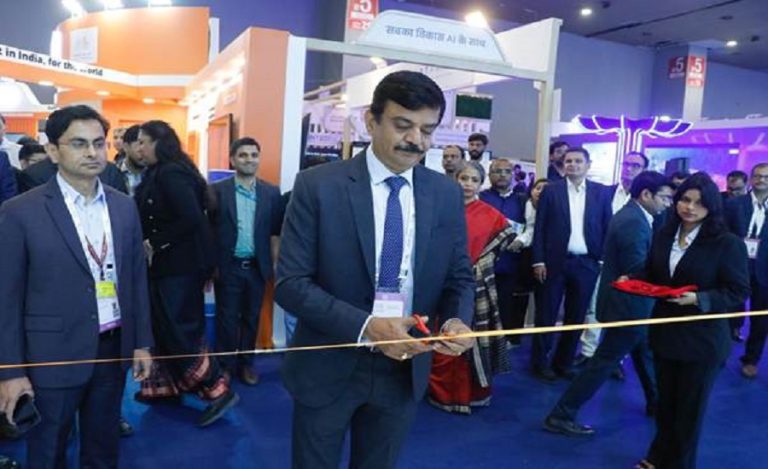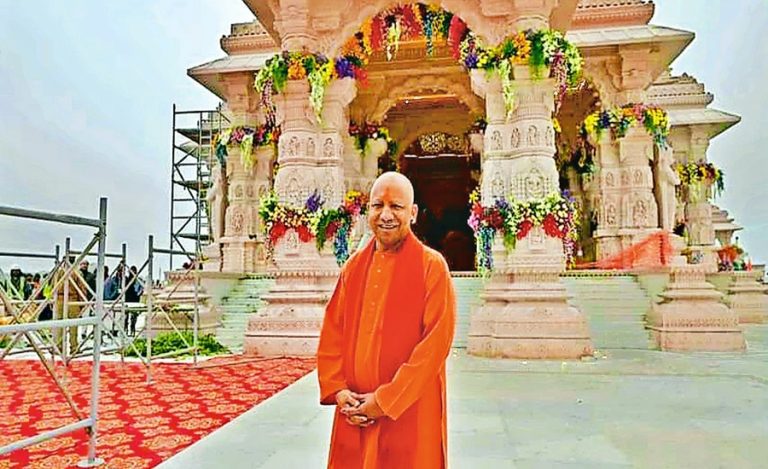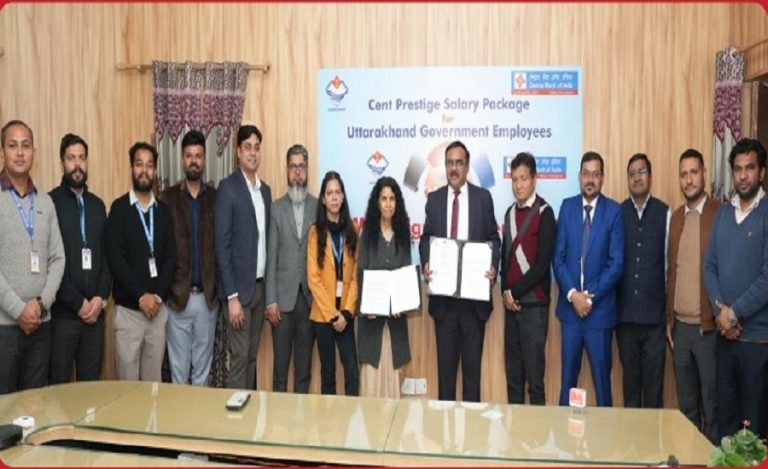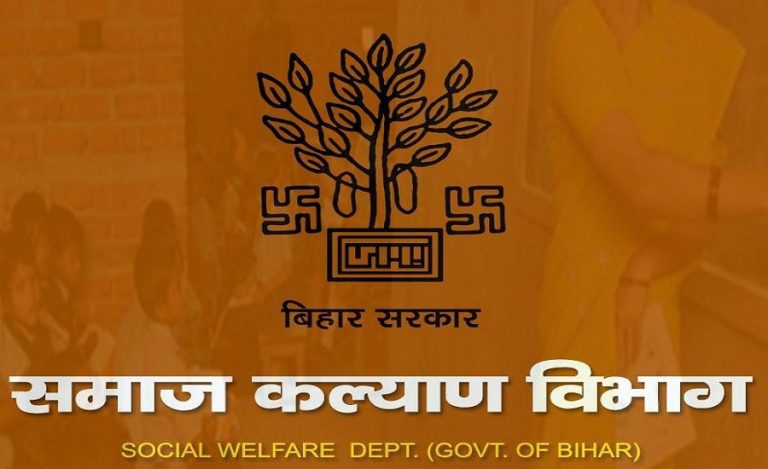In a significant legal development, a magistrate court in Mumbai on Saturday rejected the bail application of Mr. Purushottam Chavan, husband of senior IPS officer Dr. Rashmi Karandikar (Maharashtra cadre, 2004 batch), who is currently in custody for his alleged role in a multi-crore real estate fraud case.
The case, being probed by both the Mumbai Police and the Enforcement Directorate (ED), highlights growing scrutiny on white-collar crimes and the increasing efficiency of law enforcement agencies in handling financial fraud.
Bail Plea Cites Health Concerns, Court Not Convinced
Mr. Chavan had moved the court seeking bail on medical grounds, stating that he suffers from both physical and mental health issues that require specialized care, which he claimed was not feasible within the jail hospital facilities.
However, Additional Chief Judicial Magistrate Mr. A.R. Solapure dismissed the application, stating,
“The documents though show some ailments of the accused, this court does not find them so serious as to release the accused on bail.”
The court added that any special medical needs could be addressed within the framework of government healthcare, and directed jail authorities to ensure adequate care if needed.
Real Estate Fraud Involving Low-Cost Housing Promises
The core allegations against Mr. Chavan involve a massive real estate scam amounting to Rs. 7.42 crore. According to Mumbai Police, unsuspecting citizens were lured with the promise of affordable government housing schemes. Instead, forged documents were allegedly used to cheat homebuyers, many of whom had invested their life savings.
This case is part of a broader pattern of real estate frauds across urban India, prompting renewed calls for stricter due diligence, regulatory mechanisms, and transparent project vetting by developers.
ED Investigates Money Laundering Angles
Mr. Chavan was previously arrested by the Enforcement Directorate in connection with alleged money laundering linked to the fraudulent housing deals. The central agency has been coordinating with local police to track financial transactions, document forgery, and possible asset transfers related to the scam.
This case also underscores the government’s broader strategy of cracking down on financial crimes and protecting citizens from white-collar fraud. Legal experts believe this may set a precedent for future real estate-related investigations involving high-profile individuals.
No Special Treatment for Influential Accused: A Legal Milestone
Despite his relationship with a senior IPS officer, the judiciary’s rejection of Mr. Chavan’s bail reaffirms that influence or status will not shield individuals from legal scrutiny. The ruling reflects growing public expectations of transparency, accountability, and equality before the law.
As investigations continue, the legal process will determine the extent of Mr. Chavan’s involvement and whether further arrests or asset seizures follow.

